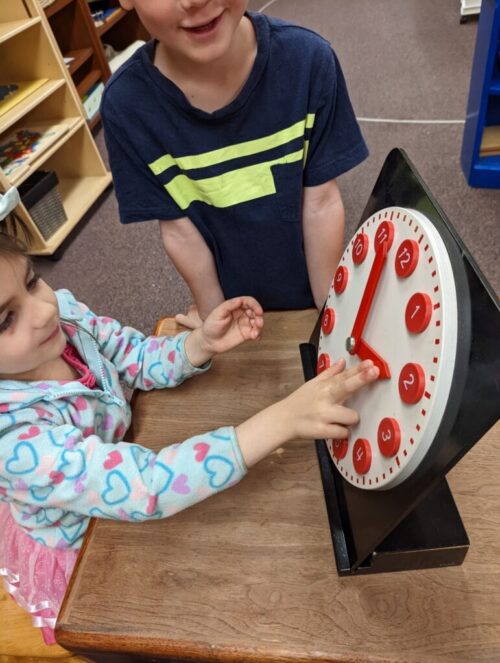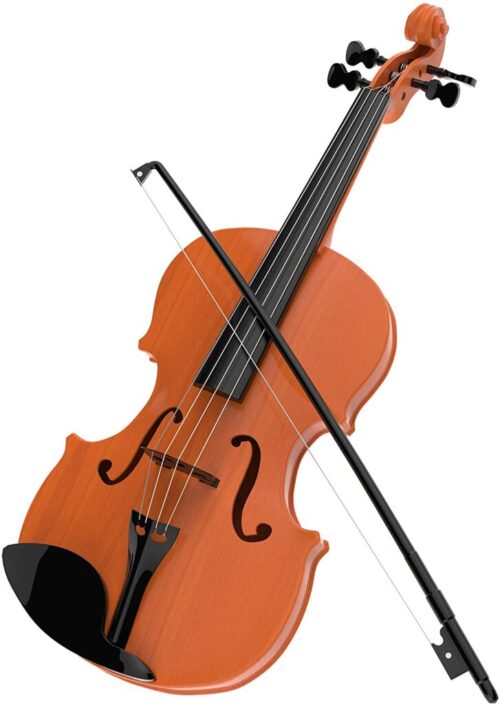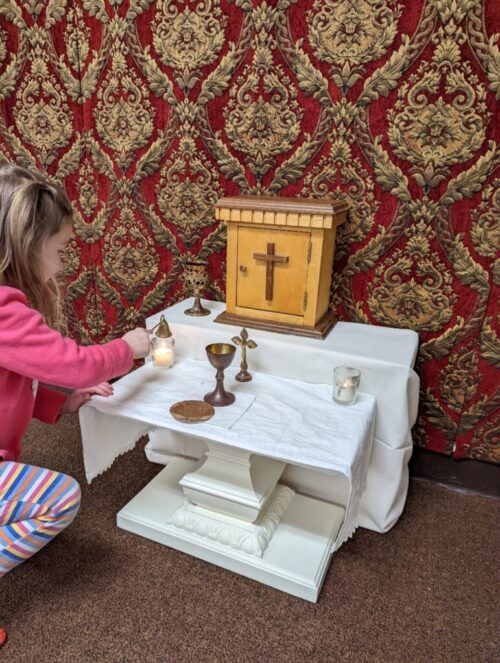atrium
The Catechesis of the Good Shepherd is a catechetical program rooted in Sacred Scripture, the Liturgy and the educational philosophy of Dr. Maria Montessori. The atrium is designed to nurture the young child’s innate ability for love and relationship with God, particularly Christ, The Good Shepherd.
It is the work of the catechist to support parents in their role as the principal educators of their children in the faith. Through their continual access to an atrium, an environment specifically designed to nourish the spiritual life of the child using the Montessori method, a young child can come to know God and deepen his understanding of the sacraments and traditions of the Catholic faith through work and prayer.
“The things he sees are not just remembered; they form a part of his soul.” -Maria Montessori
children’s house
The Primary Environment is specifically designed for children ages 3-6. Optimally the child enters the primary environment around age three and stays for three years: two preschool and one kindergarten year. Each year builds on the previous year(s). The classroom is carefully curated to meet & engage the needs of the primary child that possesses a once-in-a-lifetime ability to simply absorb information that Dr. Montessori coined as the “absorbent mind,” while helping them meet their innate and intense desire to make choices themselves.
The lessons of Practical Life are the first ones a child is exposed to. They build on the familiarity with daily activities seen at home. The purpose and aim of Practical Life is to help the child gain control in the coordination of his movement, and help the child to gain independence and adapt to his society. The indirect aim of many of these activities prepares the children for left to right movement, preparation for writing, control and coordination.
Grace and courtesy is a part of the Montessori curriculum beginning in the early childhood classroom and continuing through the elementary levels. The lessons of grace and courtesy are essential to every day living and foundational to other lessons in the classroom.
Language
“The only language men ever speak perfectly is the one they learn in babyhood, when no one can teach them anything.” -Maria Montessori
Sensorial
Mathematics
Geography and Culture
Art and Music

Suzuki Studio
Suzuki based his approach on the belief that “Musical ability is not an inborn talent but an ability which can be developed. Any child who is properly trained can develop musical ability, just as all children develop the ability to speak their mother tongue. The potential of every child is unlimited.”
“If a child hears fine music from the day of his birth and learns to play it himself, he develops sensitivity , discipline and endurance.” – Shin’ichi Suzuki

